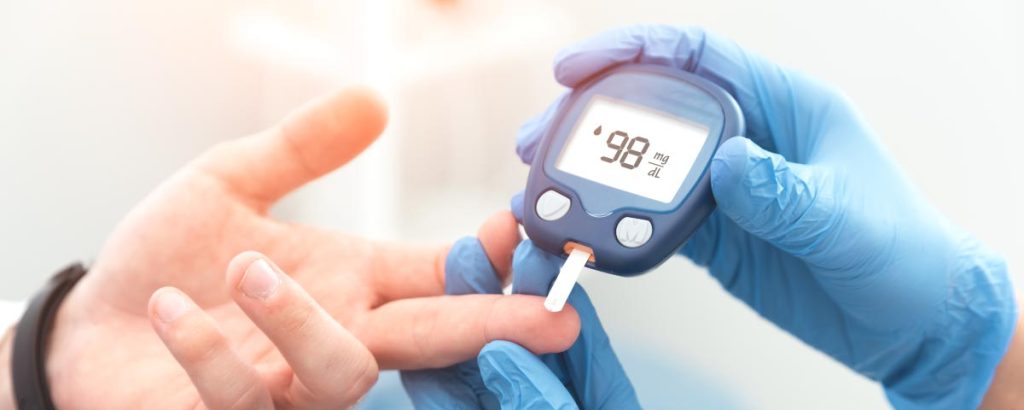When it comes to heart disease, unhealthy cholesterol levels often take the blame. But, there is another causative factor that might go unnoticed – your blood sugar levels. Diabetes and heart disease are strongly connected. Therefore, it is absolutely essential to maintain a normal sugar level.
Did you know if you have diabetes, your risk of developing a heart disease is more than double compared to others?
How are diabetes and heart disease linked?
Being a diabetic would mean that your normal blood sugar level remains high, which could damage your blood vessels. This happens because your body is unable to use all the sugar adequately. Thus, most of it sticks to the red blood cells (RBCs), and tends to build up in your blood. Furthermore, this build-up might damage the blood vessels carrying blood to and from your heart. This in turn, does not allow the heart to get proper oxygen and nutrients.
High blood sugar levels can affect your heart in several ways
Triglycerides
We tend to overeat sometimes, so our body stores the extra calories in the form of a fat, popularly known as triglycerides. And, diets high in sugar can cause your triglyceride levels to shoot up. Factually speaking, high triglycerides increase the risk of heart problems.
LDL (bad) cholesterol
High LDL levels are quite common among those with diabetes. This can cause buildup of plaque in the blood vessels, which further blocks the arteries and could lead to heart attack or stroke.
Blood pressure
Most of us are aware of the fact that high blood pressure causes a strain on your heart and could potentially damage your blood vessels, if left unmanaged. Unfortunately, high BP is a great risk factor for heart disease among people with diabetes.

High blood sugar symptoms
Thankfully, a lot of damage control can be done by knowing the signs of high blood sugar levels:
- Increased thirst and a dry mouth
- Frequent urge to pee
- Tiredness
- Vision problems
- Unintentional weight loss
- Recurrent bladder or skin infections
Low blood sugar symptoms
Low blood sugar levels can be harmful too, a few telltale signs can help:
- Fast heartbeat
- Shaking
- Sweating
- Anxiety
- Dizziness
- Unexplanied hunger
Find your fix
Simple lifestyles changes for managing your diabetes as well as your heart health
1) Watch what you are eating
Fill your plate with a lot of fresh fruits and green leafy vegetables. Cut down on foods high on fats like chips, sweets etc. Include protein-rich foods like pulses, eggs, nuts.

2) Get moving
Indulge yourself in a minimum of 30 minute physical activity everyday. It will help control blood sugar levels along with lowering your risk of heart disease and nerve damage.
3) Stress less
Stress management is wonderful for your overall health. It’s vital to know that stress can disrupt diabetes control indirectly by impacting your diet, exercise routine, even other self-care behaviors.
4) Include supplements
It’s well-understood that a basic diet might lack various essential nutrients that you might need daily, this is when a trusted supplement like TrueBasics Heart Omega-3 can come to your rescue. Formulatred with Superba Antarctic Krill Oil, which is a bio-efficient source of Omega-3 that reduces cholesterol levels and harmful triglycerides. The four mindfully chosen ingredients – Omega-3, Phospholipids, Astaxanthin & Choline, in Superba Antarctic Krill Oil make it a superior choice.

Stay heart-strong by maintaining a normal blood sugar level.













